Mozambique: MISA protests at harassment of journalists in Cabo Delgado - AIM
Mozambique: MDM warns of a “huge setback” in proposed media laws – DW
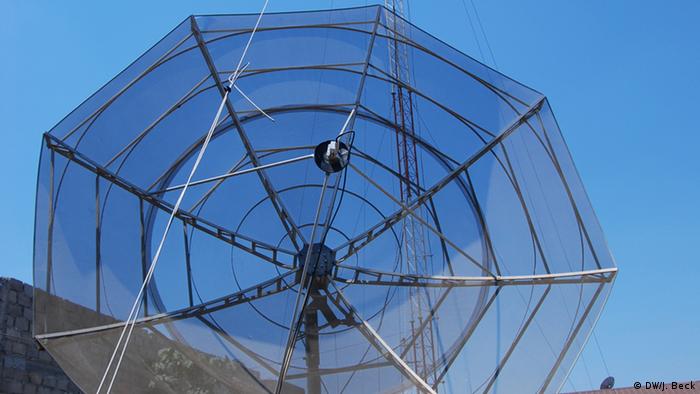
Photo: DW
The future of press freedom worries the MDM and MISA Mozambique. The proposed media law allows for defamation-of-the-president proceedings without evidence. Draft broadcasting law limits foreign broadcasters.
According to the government’s proposal, the media can be convicted of defamation without proof of the truth of the facts if the victim is the President of the Republic or a foreign head of state or his or her representative. Media outlets with three convictions for defamation or slander within a five-year period would risk being suspended for up to one month, in the case of a daily newspaper.
The legislation, to which DW Africa has had access, also includes several articles that would substantially limit foreign radio broadcasts in the country.
Open signal broadcasts from foreign media would be prohibited. In addition, national stations could not retransmit programmes from international broadcasters such as Deutsche Welle Africa, Radio France International or Voice of America (VOA), either live or recorded. The only exceptions would be music, sports, films and TV series.
International broadcasts prohibited
President of the Superior Council for Social Communication, Tomás Vieira Mário, told DW Africa that foreign FM radio broadcasts and television broadcasts from bodies such as RTP Africa or the BBC would end.
“I think [that these will stop broadcasting]. I think the law [focuses] on these types of very special and specific open signal cases from foreign broadcasters. I think that, if the law is passed, they will stop broadcasting to Mozambique. We have many foreign open signal broadcasts in Mozambique,” Tomás Vieira Mário said.
The new measures would not stop there. The government’s proposals also states that each international body may have a maximum of only two correspondents throughout the country.
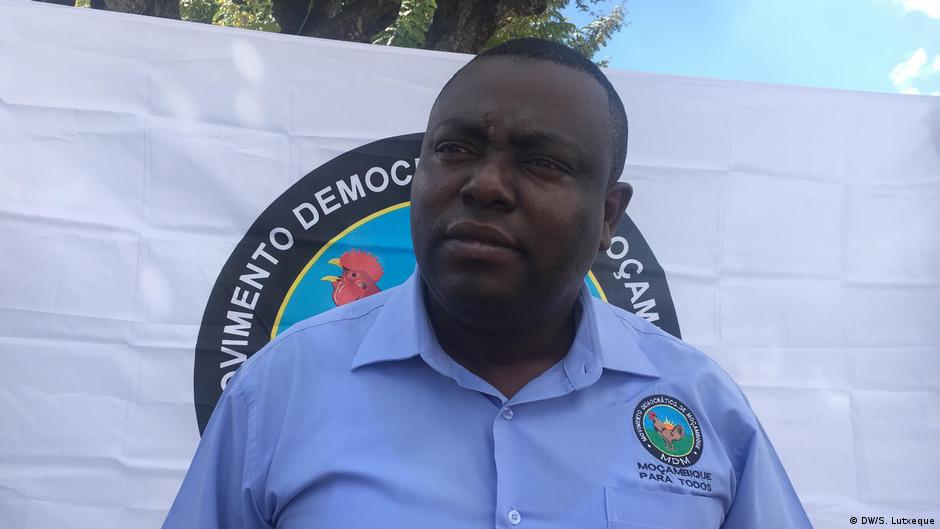
If the new proposals are approved, it will be a “big setback” in relation to the democratic gains achieved in Mozambique, says Fernando Bismarque, deputy and spokesperson for the opposition party, Democratic Movement of Mozambique.
Bismarque told DW Africa that these proposals would make freedom of the press, one of the great gains of Mozambican democracy, impossible.
“In fact, this impediment to the transmission of international channels in our territory is a huge setback,” says Bismarque. “It demonstrates that there is an ideological patrol and the capture of the national press. This is a danger to the democracy that has cost Mozambicans a lot of blood.”
The MDM spokesman hopes that there will be a movement to successfully prevent the passing of these laws, which “make democratic achievements unfeasible, from being approved by Parliament itself”.
Civil society proposes amendments
The Assembly of the Republic of Mozambique will resume its plenary sessions on February 25, after about two months of vacation. In these sessions, the two proposals for the new laws – which have already been approved by the Council of Ministers – will be debated and voted on.
Parliament’s Standing Commission is holding discussions with five civil society organizations to collect proposed amendments. Ernesto Nhanale, executive director of the Southern African Social Communication Institute (MISA) in Mozambique, says that they have made a separate dossier on international broadcasts.
“We produced two opinions: one for the media law in general and one on the issue of the broadcasting law. I think that all of us, as players, have to press for these aspects to be analysed in more depth. The Assembly of the Republic invited us to comment on these details, and there are several aspects that constitute a limitation to the freedom of the press,” he says.
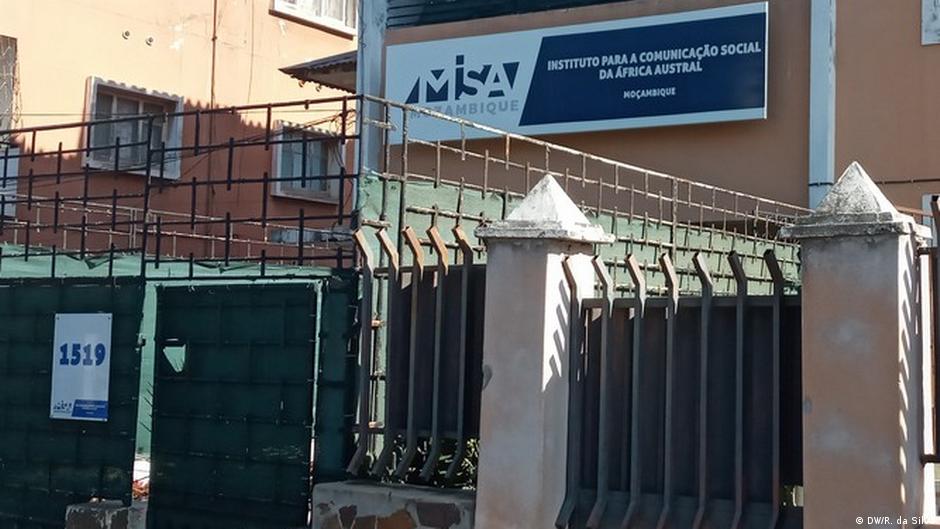
The MISA official adds that “there are several debatable aspects” of the new laws, namely regarding the “attribution of the professional card, creation of the regulatory body and this issue of broadcasting”. Nhanale stresses that approval in parliament without the changes suggested by civil society would be a major affront to freedom of the press and expression in Mozambique.
“It is important that we correct these elements at this stage of the debate, so that we have a law that agrees with the Constitution of the Republic,” Nhanale concludes.
All leagl
But Tomás Vieira Mário,chairperson of Mozambique’s Higher Mass Media Council (CSCS), rejects from the outset that the proposals endanger the freedom of the press in Mozambique.
“I do not believe that we can read danger into the laws as they stand. What we can do is be attentive, taking into account the most recent antecedents around the freedom of the press, namely the difficulties that occurred in the coverage of the terrorist attacks in Cabo Delgado, where the journalists were illegally arrested,” the chairman of the CSCS says.
This week, British journalist Tom Bowker was expelled and banned from Mozambique for ten years under an order from the Interior Ministry, which the journalist considered to be “illegal” and “politically motivated”. The Zitamar News portal, on which Bowker works, covers Mozambican news, and gained notoriety with its news about the terrorist attacks in Cabo Delgado.
Also read: Mozambique: British journalist expelled; restrictive press law proposed – By Joseph Hanlon




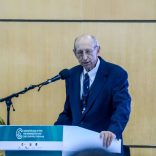
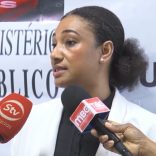

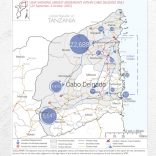





Leave a Reply
Be the First to Comment!
You must be logged in to post a comment.
You must be logged in to post a comment.